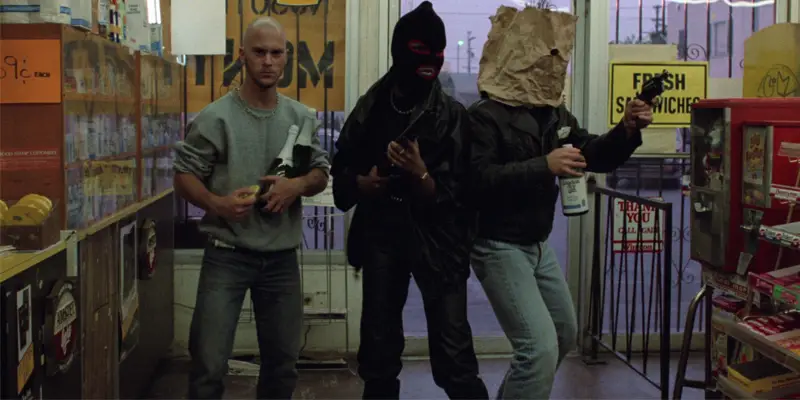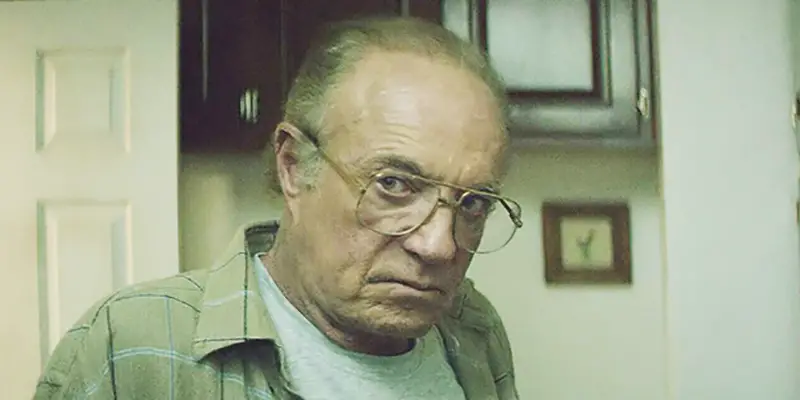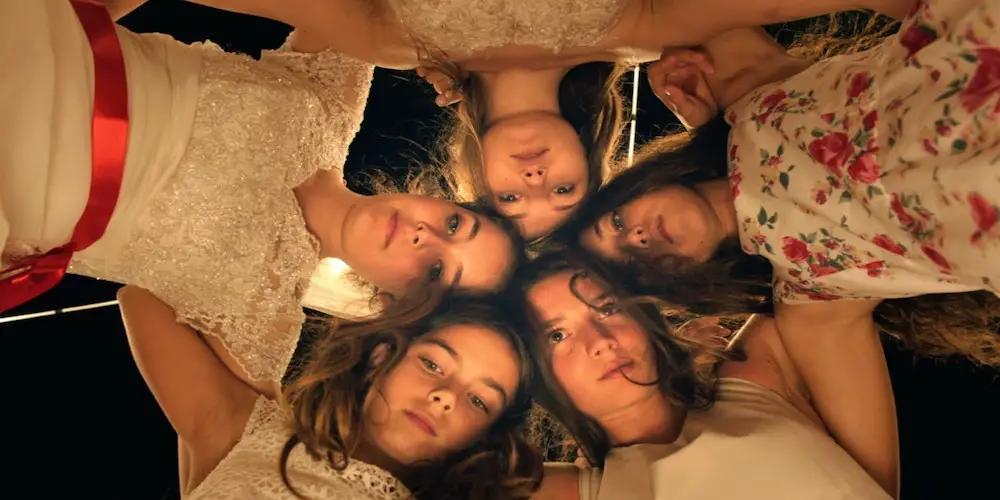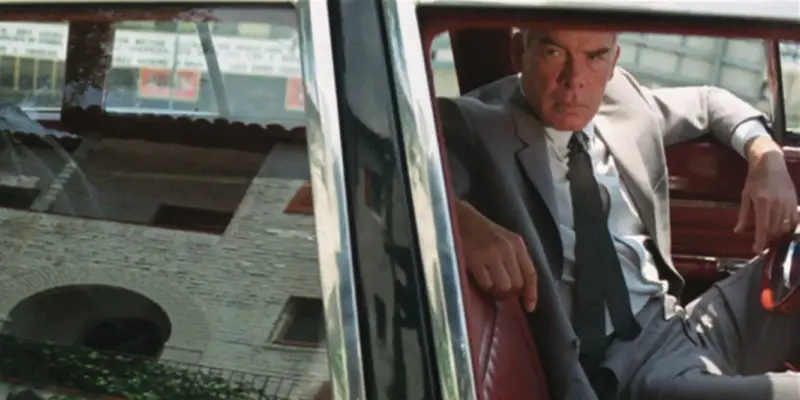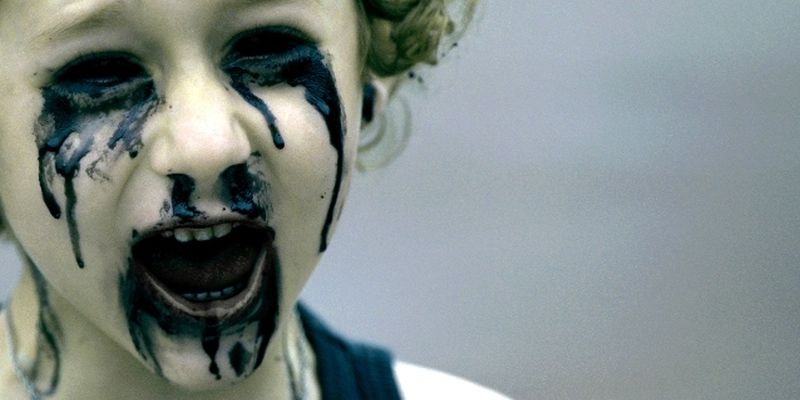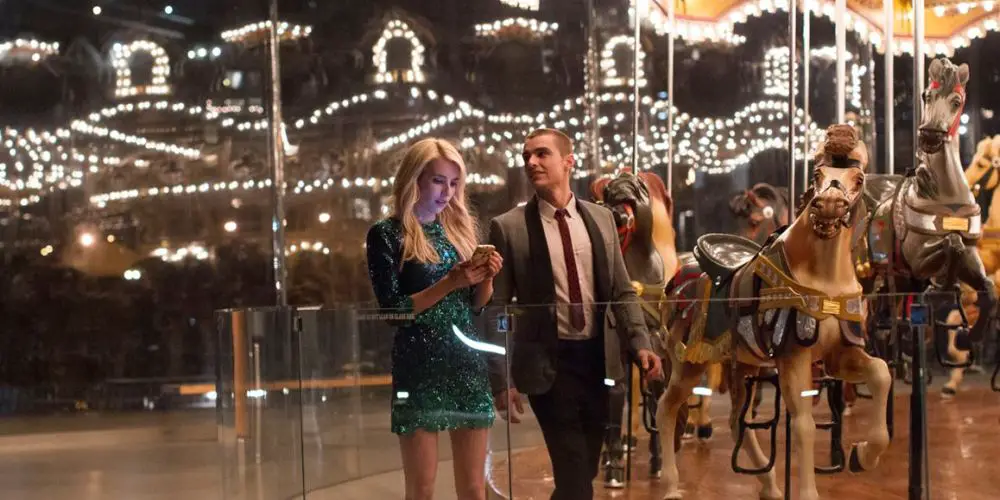thriller
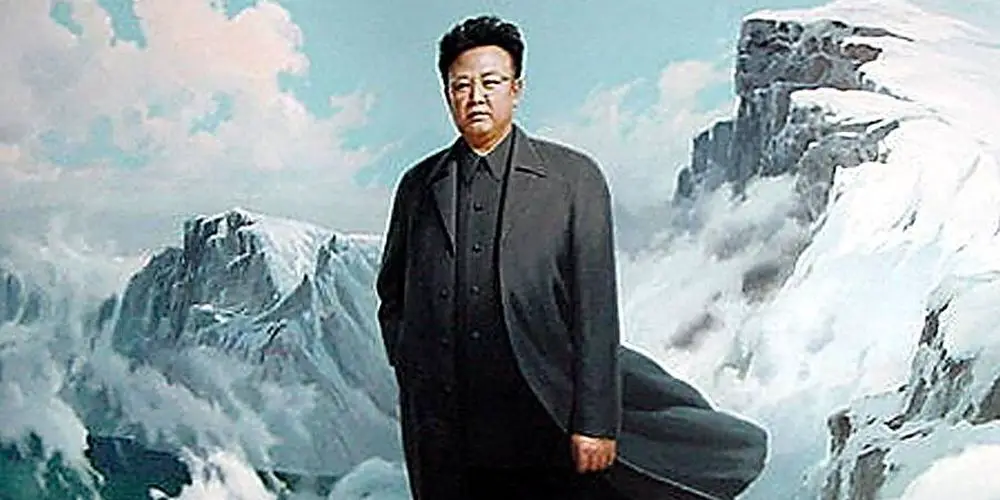
When we think of documentaries about North Korea, it is usually with an eye toward illuminating what to this day remains cloaked in self-imposed mystery. As it has always been an excessively reclusive nation, this state of unknowing has been the primary trait most of the West associates with the DPRK. As a young country, that means most of its brief history is known only to itself, and even then there are probably only a few at the government’s upper echelons that are privy to details not disseminated to a populace fed on propaganda.
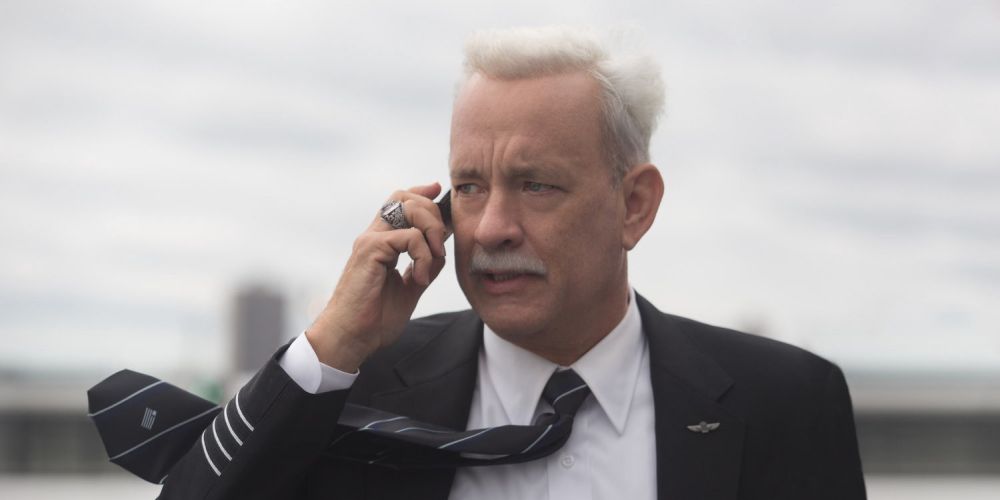
I still fondly remember the day that was subsequently christened the “Miracle on the Hudson”, when it was discovered that a plane successfully landed on the Hudson River after an incident in the air when both engines were destroyed. Amazingly, everyone on board survived. It was one of the first times I had heard of something like this happening, and I would say that most of America, if not the world, was equally spellbound.
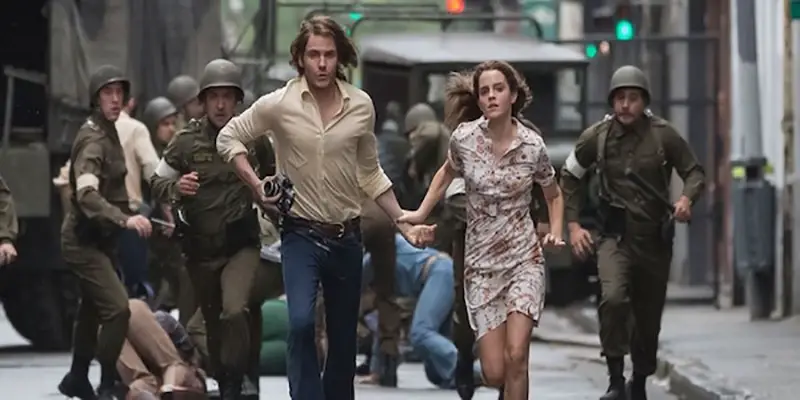
In 1973, Augusto Pinochet seized power in Chile and demoted the previous civilian rule to replace it with a military dictatorship. Colonia Dignidad, commanded by Paul Schäfer and other allies of Pinochet, served as a prison for political detainees under his regime, despite the bastille being concealed by the veneer of a farming commune. With a historical premise as intriguing as this, it’s unfortunate how much Colonia’s (also known as The Colony) filmic portrayal falters more than it succeeds.
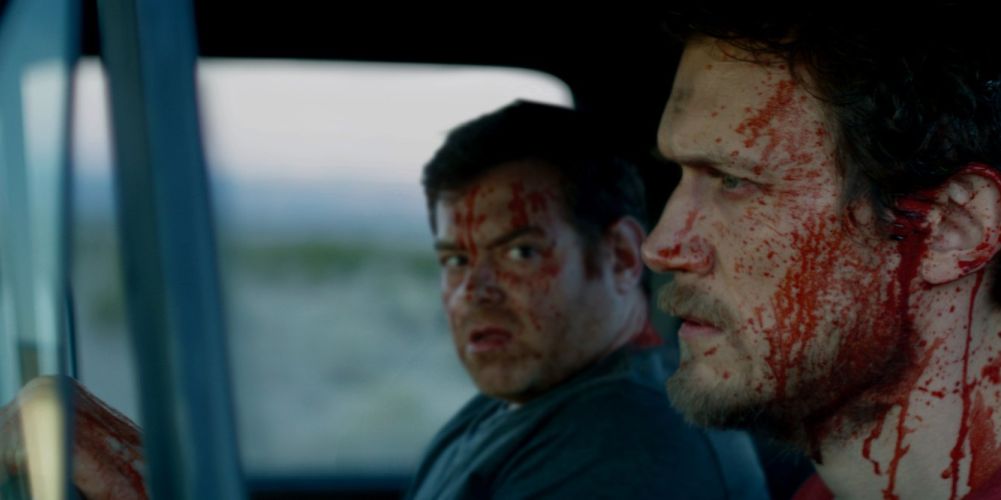
The title of horror anthology Southbound implies a deep sojourn into racist, redneck Americana, locked and loaded under a blood red, lone star. This is a Democrat’s version of hell, ruled by Donald Trump’s tentacles and all of his Republican demons, suckered into building a never ending wall between America and the rest of the world. Southbound suggests a one-way ticket to Hades, but its various characters are still on their terrifying journeys, clutching desperately to their ever diminishing morality.
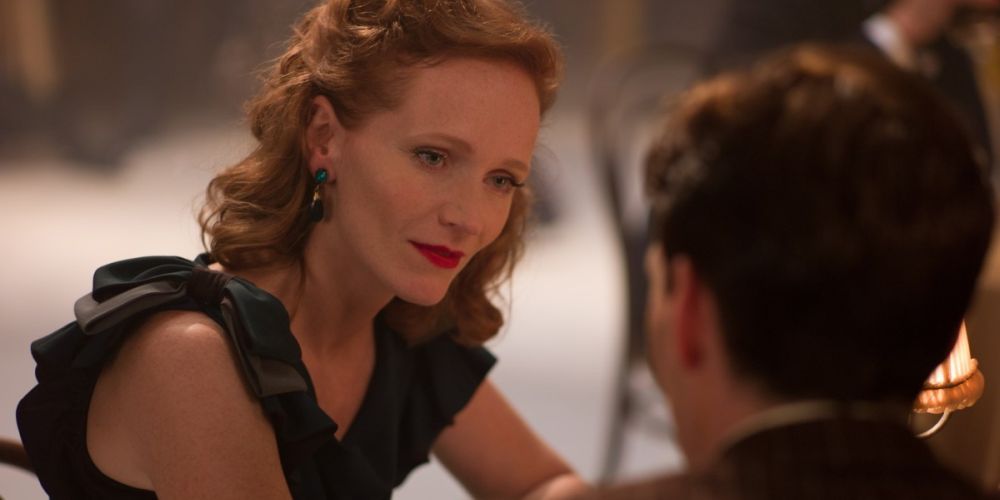
When it comes to World War II, there is never a shortage of stories that are needed and are waiting to be told. Anthropoid is one of these stories. The film begins with an introduction to the true events that have led up to the assassination of a high-ranking Nazi official to be rendered a necessary means in a time of war.
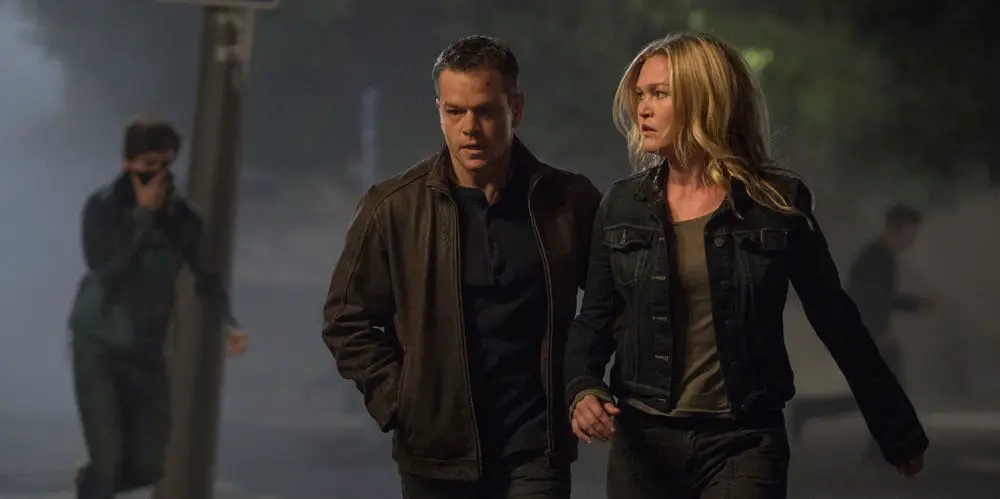
Since the inception of the Bourne franchise in 2002, the blockbuster as we know it has undergone a dramatic shift. Variety is limited as superhero films have taken over the industry. There are lingering alternatives like the Mission Impossible and Fast and Furious franchises, but the Bourne films have been the thinking man’s blockbusters since the series began.
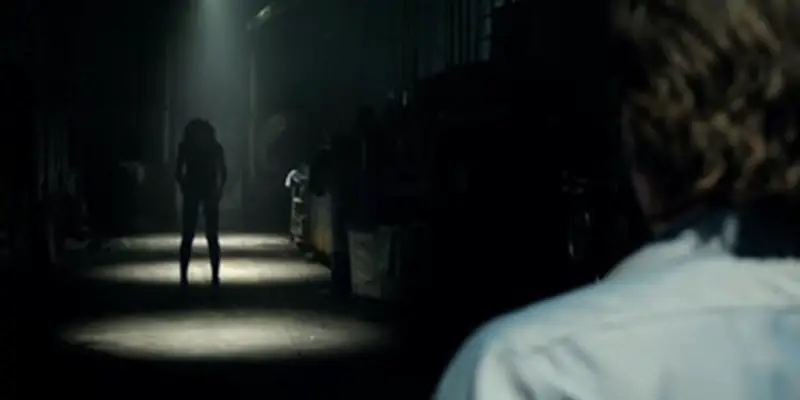
Lights Out initially seemed to be promising. Though reminiscent of other horrors I have seen, the idea of a creature that only lives in the dark is still an interesting and potentially frightening subject; that is, if it’s composed with the right balance in both story and direction. Unfortunately, like many dime-a-dozen horror films, Lights Out suffers from an all-in approach, choosing to simply attempt to scare the viewer by any means necessary rather than working on making it genuine.
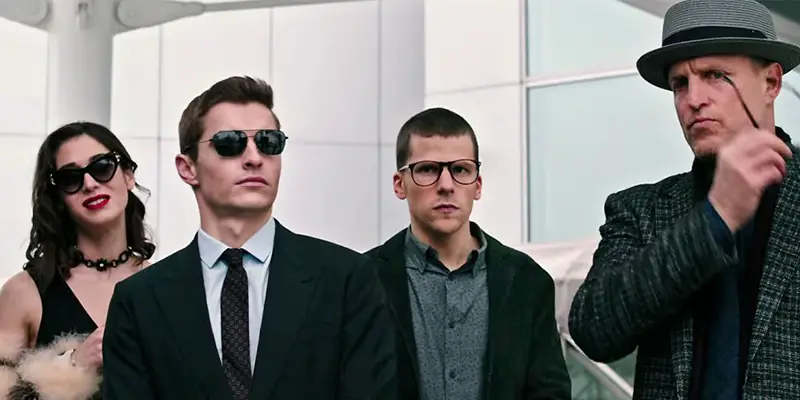
2016 is already shaping up to become the year of reboots and sequels; whether or not they are deemed acceptable is a different matter. Now You See Me indeed worked as a solo endeavour back when the magic was introduced three years previous. The existence of the sequel may come as a surprise to some, due to the mixed responses circling the first instalment.


